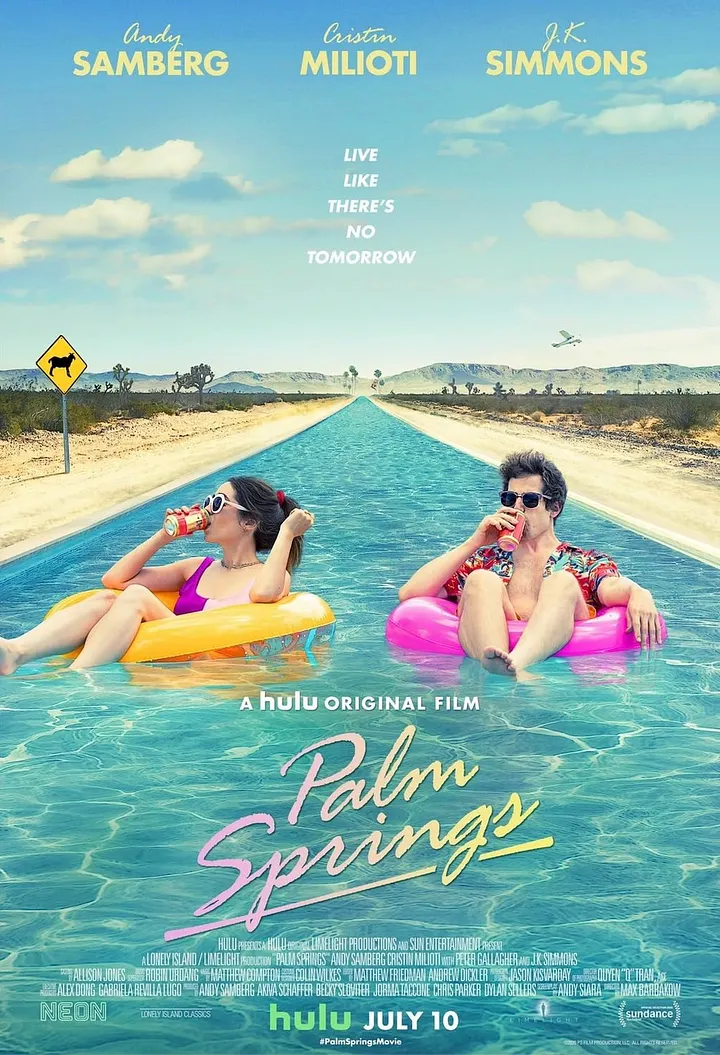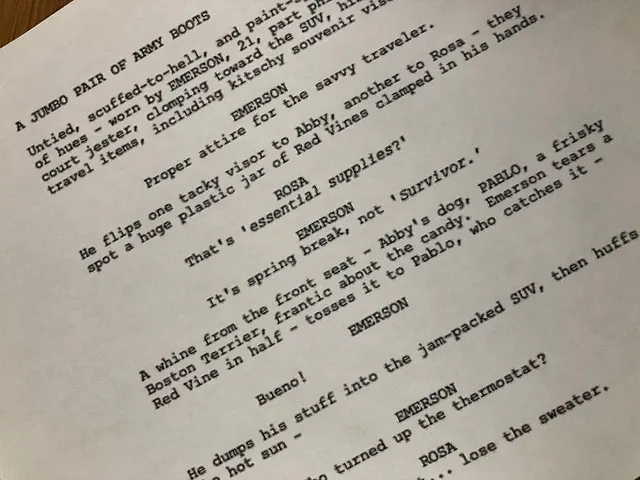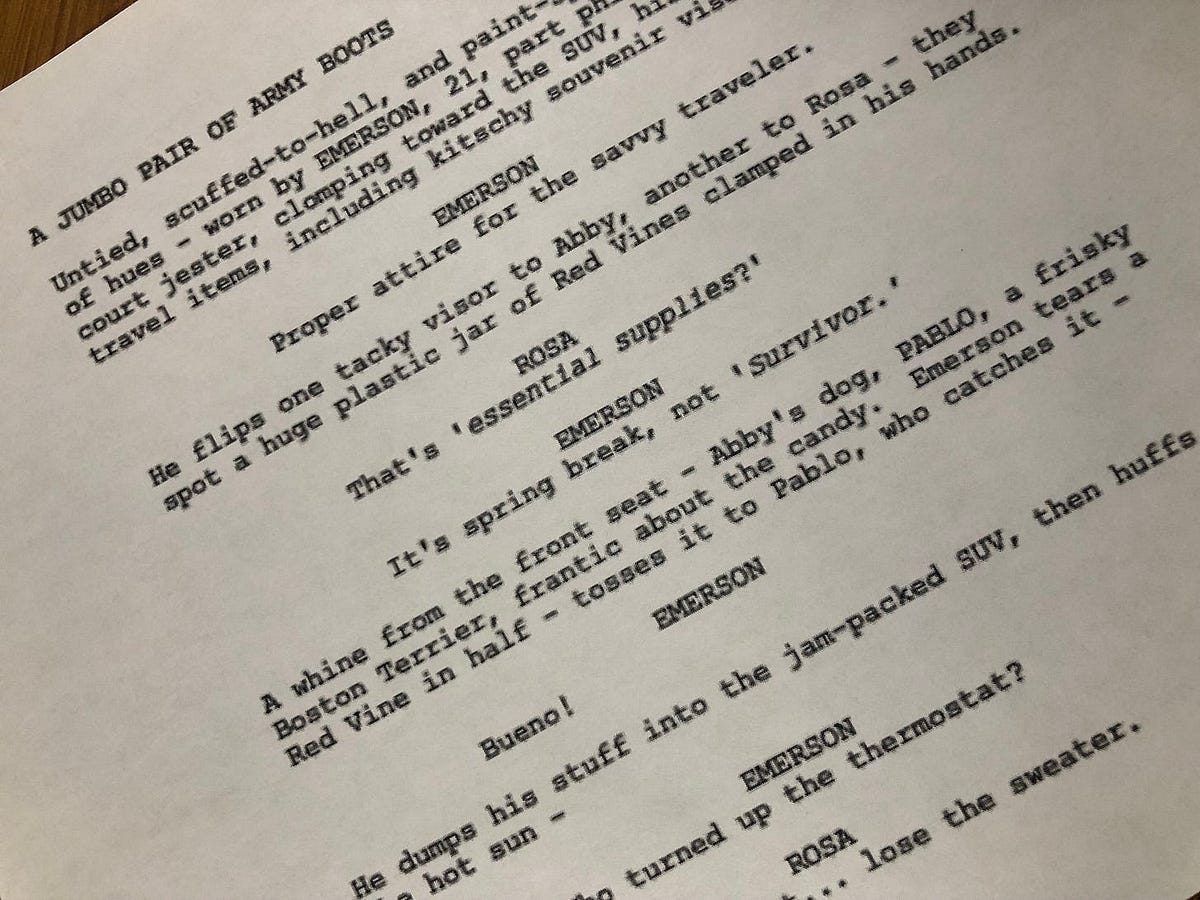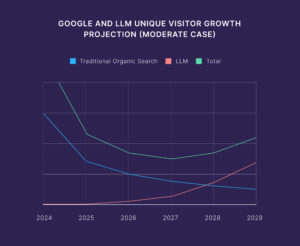“Unlocking the Secret: How I Secured 10 Feature Script Deals in Just Four Years—No Agent Needed!”
Have you ever wondered what really happens behind the glamorous facade of Hollywood? Well, let me assure you, the journey of a screenwriter is often a wild ride, filled with twists, turns, and maybe even a few surprising detours. I’m here to share my true story—a narrative that’s anything but clickbait. It’s a firsthand account of my path to becoming a screenwriter, designed to peel back the layers of mystery that surround this craft and illustrate the gritty reality of the screenwriting business. My hope is that fellow aspiring scribes can glean valuable insights from my experiences, moving beyond the fairy tales and into the realm of actionable knowledge. So, buckle up as I take you on a journey through the less-traveled roads of screenwriting… LEARN MORE.The title isn’t clickbait or hyperbole (this really happened)—and this isn’t intended as a “me” piece. I’m here to tell the true story of an amazing and blessed screenwriter journey with the hopes that screenwriters can learn a thing or two about the real business of screenwriting beyond the fantasy and lore, and how you can apply my experiences to your own screenwriting journey.












